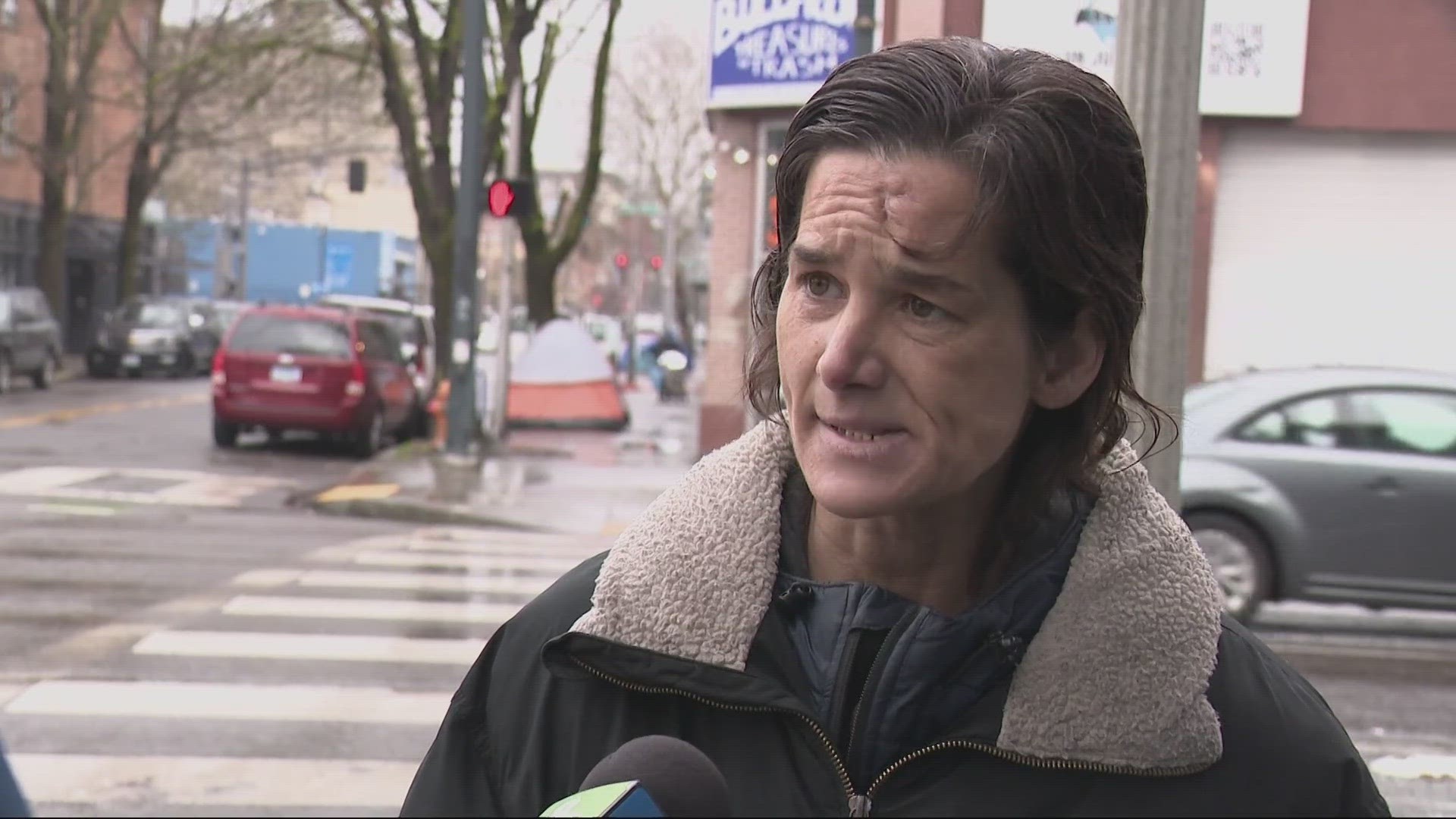PORTLAND, Ore. — Limited recovery resources in Portland make getting clean unreachable for many, so Portland Community College (PCC) is training people to reach out to the homeless community through its addiction counseling program.
“We really want to help people, and I think that’s the essence of this,” said Kristopher Chew, the department's chair.
The program takes about a year and a half to complete. Its current curriculum allows up to 60 people to finish each year.
However, enrollment is down, with Chew saying they have about ten students this term.
Chew said he has come up with a faster, nine-month program to attract more students and keep up with the need on the streets, but the college has postponed that faster program twice.
“You’d think that the college would be prioritizing a program where people’s lives are at stake, but in essence, they’re not,” Chew said.
Central City Concern, which runs the most recovery housing programs in the state, often look to PCC for new addiction counselors, said Vice President Sean Hubert. He said Central City Concern anticipates hiring about 200 more counselors in the coming years.
“This is exactly the kind of program we’re advocating that the state needs to be investing in,” Hubert said.
“I’ve had really good counselors here at Central City Concern — really good ones — but they come, and they go … It is your only lifeline,” said a homeless woman in Old Town, who often turns to “blues, cocaine, methamphetamines, cross tops.”
“They should be out there scouting out people that are homeless,” she added.
A PCC spokesperson sent KGW the following statement:
Portland Community College has been undergoing significant revisions in its Addiction Counseling Program, a crucial initiative given the escalating addiction crisis in Portland. This process, led by the Public Services, Education & Social Science Pathway Leadership, involves addressing the evolving needs of the community and responding to the feedback from various stakeholders, including the program’s advisory board, which consists of industry and community partners.
During this time, our Curriculum Office staffing levels have been lean due to key staff moving on or retiring. As new staff are hired and onboarded, we expect to see our capacity increase accordingly. Knowing how long this disruption would be, leadership worked with Pathway Deans to prioritize high need programs that needed curriculum changes and support.
We are aware that these delays and setbacks have caused understandable concern among students, faculty, and our community partners. In response to these concerns, we have been actively working on several fronts: 1) Addressing capacity and resources, 2) Aligning our curriculum with current needs, 3) Installing a commitment to action and transparency, and 4) Moving forward with state approval and program diversification.
We are dedicated to overcoming these barriers and resuming the development of a redesigned, robust Addictions Counseling Program. Our shared goal is to address the addiction crisis effectively and fulfill the educational needs of our students and the larger Portland community.
The college’s new addiction counseling program could start in the fall of next year if they get the approval. They will discuss it at a Thursday night board meeting.

